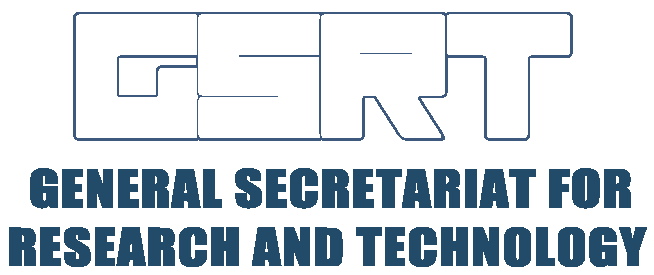The research project “Moral economy. Issues of morality in public discourse on purchase and profit, Greece from the late 19th to the first half of the 20th century” aims on the one hand to discuss the concept of “moral economy” and promote interdisciplinary dialogue on the subject, and on the other to approach more generally the presence of moral values and concepts in collective and individual public discourse on competition, profit and other aspects of the capitalist economy.
Moral economy is a concept put forward (originally by the historian E.P. Thompson) to interpret the various forms of mobilisation and the critical stance of the working classes towards the capitalist market and the relations it produces. In the classical conceptualization of the notion, these are views that are expressed in public discourse and during collective action, and that are based on ideas which may draw only indirectly on a scholarly tradition of political and economic thought. The main reference-points of a “soft” and “partial” anti-capitalism are various customary regulations of economic relations, the imperative of a new “embeddedness” of economy in society, the sense of defending legality, and moral values such as justice and reciprocity.
The concept of moral economy has been used to mean many things in the social sciences over the 50 years of its existence, while it has recently attracted increased interest internationally (although its application to Greek history has hardly been tested). Our ambition in this research project is, firstly, to engage in a discussion and re-evaluation of “moral economy”, each participant covering their own special field of research.
We also aim, however, to open up the discussion beyond this particular concept, studying the advancement and invocation of moral values and arguments in the discourse of social and political subjects on the economic relations they are involved in per se, with the emphasis on attitudes towards the free market. Our intention is to study systematically the somewhat neglected issue of the moral element in the discourse of social and political subjects; an element which, on the one hand, gives an anti-capitalist hue to that discourse, and, on the other, must be placed in the context of the negotiation between dominant and subaltern classes and the struggle for hegemony. Our aim, therefore, is to explore the forms of morality developed by and the operation of moral values in the discourse of intellectuals, political subjects and social movements concerning the capitalist economy and market, in order to identify new ways of thinking about the relationship of the various social subjects to the economy as a relationship mediated by moral perceptions.
As part of this effort, the historians on the research team will discuss the subject with researchers from other social sciences at the conferences planned. A bibliography of studies on morality and economy will be produced together with a review of the literature, papers in Greek-speaking and international journals, and a collective volume, while the issues raised will be disseminated in the press and on the internet.
The research project “Moral economy. Issues of morality in public discourse on purchase and profit, Greece from the late 19th to the first half of the 20th century” is funded by the Hellenic Foundation for Research and Innovation (HFRI), within the framework of the 1st call for HFRI research projects supporting postdoctoral researchers, and carried out at the Institute for Mediterranean Studies of the Foundation of Research and Technology – Hellas (IMS-FORTH).

